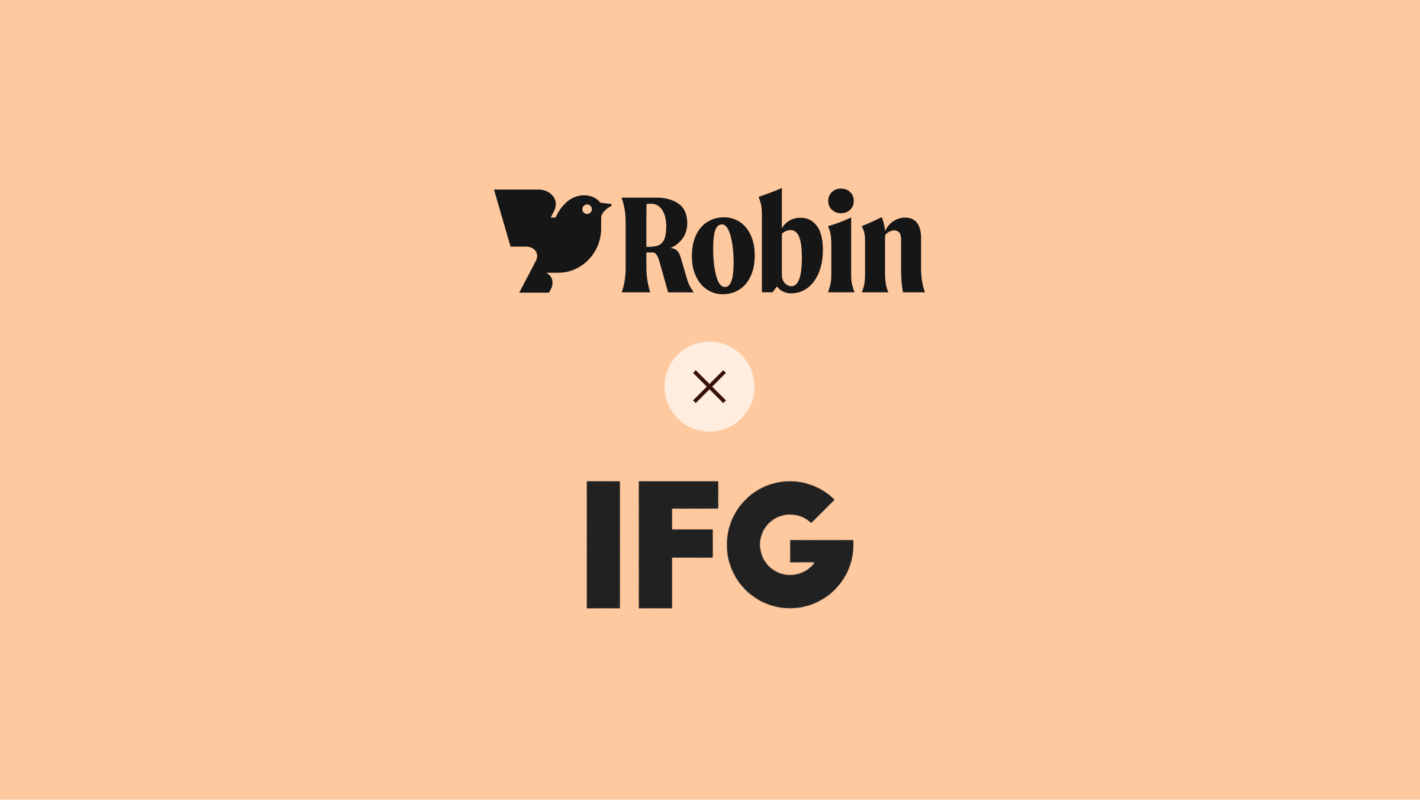Research: Verify with authoritative sources
August 15, 2025
Research with Robin
What is Research?
Research mode enables users to enhance platform answers with authoritative, up-to-date information from a curated set of trusted legal sources on the web. Instead of relying solely on Robin’s internal model, Research Mode cites external sources, allowing users to independently verify answers and fulfill regulatory or internal compliance obligations.
This feature is especially valuable for lawyers or deal teams needing clarity on complex topics—such as evolving legislation, jurisdiction-specific requirements, market norms, regulatory obligations, or recent case law—while reviewing or drafting contracts.
What is it Searching Against?
Robin’s Research queries a tightly controlled list of legally authoritative web domains from the US, UK, Germany, Spain, and France. This “whitelist” ensures that only reliable, high-value legal resources are used—never low-quality or general sources.
Robin will never cite a source that isn’t on the approved list, ensuring answers are trustworthy and reducing the risk of misinterpretation or “hallucination.”
Research can:
- Search only external legal sites (ignoring the contract if not relevant)
- Return results that cite only external sources (no contract citations in these cases)
- Combine external research with your contract text where needed
How to Use Research Mode
Access Points
WAI (Word Add-In): Within your contract review workflow in Microsoft Word, toggle “Research Mode” when you want Robin to search beyond the contract, and then simply submit your question.
Add research video
In-Platform Chat: Select “Research” when asking a question in the chat interface. This is available both in the main Robin platform and in the Word Add-In (WAI).
Who Gets Access?
Research Mode is available to all paying Robin customers and trial users.
Research Mode in Practice
Imagine you're reviewing a comprehensive draft employment agreement for a new sales executive position and need to thoroughly confirm whether the included "non-compete" clause properly aligns with the current regulations and precedents in New York state law, especially considering recent legislative changes affecting restrictive covenants.
Simply type your detailed question in the Chat interface with the Research functionality toggled on to activate external source searching.
Does this non-compete clause comply with current NY law regarding duration, geographic scope, and protection of legitimate business interests?
Robin will systematically search through authoritative New York legal resources, including state statutes, case law databases, and regulatory guidance, then return a comprehensive answer with clearly marked, clickable citations so you can thoroughly review the precise sources and verify the information independently. This allows you to confidently assess compliance and make necessary adjustments to the agreement.
Other ways teams use Research mode
For litigation support, quickly surface case law and cite relevant precedents when preparing filings or defending a contract position.
Double-check regulatory compliance before finalizing a contract—for example, confirming a data protection clause meets GDPR or local privacy law requirements.
Ensure contract consistency by comparing draft language to both industry standards and your own organization’s preferred clauses.
Conduct general legal research—such as understanding enforceability of non-compete agreements in France, or clarifying complex legal concepts—even if you aren’t working on a specific contract.
Whether you’re checking compliance, preparing for court, refining drafts, or exploring new legal territory, Research mode gives you fast, reliable access to the latest legal insights.
Best Prompting Tips for Research
Be Specific and Context-Aware
- Frame your question as precisely as possible (e.g., specify the relevant jurisdiction or area of law).
- If your question relates to a particular section of a contract, mention it or reference the contract’s context.
One Topic Per Question
Avoid multi-part questions. Ask one clear question at a time for higher accuracy.
State Desired Output
- Indicate if you want a summary, direct citation, or list of key risks.
- For regulatory questions, asking for cited legislation or precedent increases answer confidence.
Specify Jurisdiction When Relevant
“According to French law…” or “Under UK employment regulation…” makes sure Robin’s search focuses on the right set of sources.
Prompt Examples
“Summarize recent changes to GDPR affecting employee data retention in Germany.”
“List the key regulatory obligations for private funds under UK law, with citations.”
“Is there any recent case law in New York limiting enforceability of non-compete agreements?”
Verify with Citations
Always review cited links to confirm the accuracy and relevance of Robin’s answer. This “human-in-the-loop” approach is a core best practice.
Why Use Research?
- Enables legal teams to get authoritative answers without leaving their workflow, reducing context-switching and manual research time.
- Increases trust in Robins’ answers by making sources transparent and verifiable.
- Helps teams benchmark their contracts and processes against current legal standards in multiple jurisdictions, and keep up with regulatory or market changes quickly.
- Supports onboarding and cross-team adoption by simplifying how experts and non-experts alike can access external legal knowledge, right when and where they need it.

